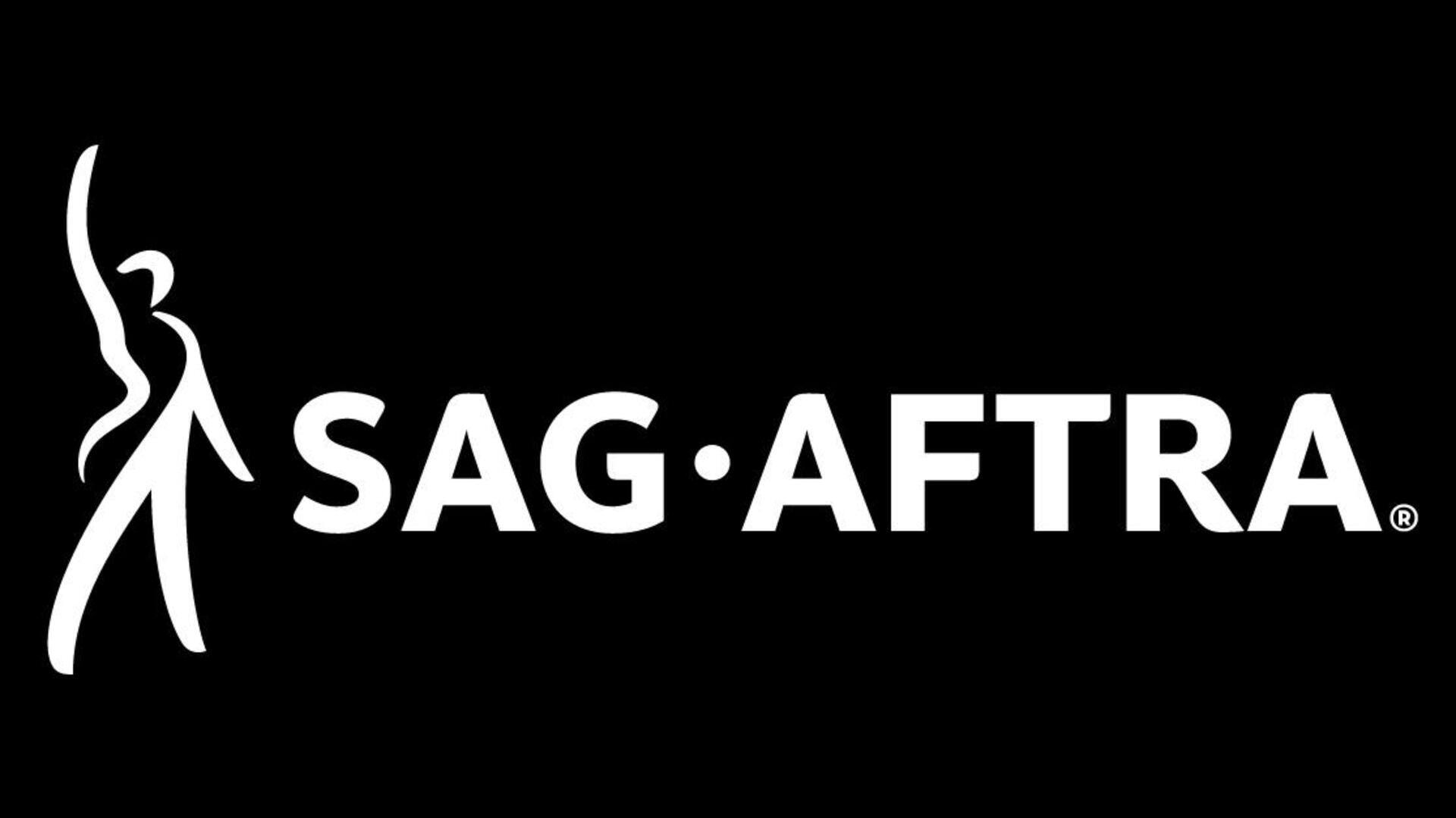
Combating AI: SAG-AFTRA members approve new animation contracts
What's the story
The Screen Actors Guild - American Federation of Television and Radio Artists (SAG-AFTRA) announced on Friday that its members have given the green light to new three-year contracts for those involved in animated TV shows. The contracts received a resounding 95.52% support, a significant increase from the 78% approval rate of the TV/Theatrical deal in December. These agreements address issues that surfaced during last year's 118-day actors' strike, particularly around artificial intelligence (AI) and its potential impact on employment.
What does the new contract hold?
New contracts tackle AI concerns
While the new contracts don't ban the use of AI, they safeguard actors' voices from being replicated without their consent. The agreements also mandate that animation voice actors must be human, a specification not present in the previous TV/theatrical deal. This was confirmed by the union on X with a statement saying, "'Voice actors' includes ONLY humans in the new TV Animation Agreements!"
Safeguarding digital replicas
Contracts incorporate provisions for digital replicas
The agreements also ensure consent and compensation when "digital replicas" are used to mimic an actor's voice. However, that doesn't stop studios from using past performances to train AI models to generate a "synthetic" voice unless it closely resembles an actual voice actor or their character. Studios must obtain an actor's permission to use their name in a prompt for creating a synthetic voice and must inform the union each time they create one.
Monitoring AI use
Regular AI meetings and protections for digital replicas
The contracts include regular, compulsory AI meetings with producers to monitor the use of digital replicas. They eliminate the stipulation that a digital replica must solely sound like the recognizable natural voice of an actor to be safeguarded. Instead, "employment-based digital replicas" only need to be identifiable through contracts and other standard business documents verifying that it was indeed the performer's voice used to create the replica.
Residuals for voice actors
Residuals and consent for foreign language modifications
The agreements affirm that if a voice actor's performance is digitally modified into a foreign language, they are entitled to residuals based on the distribution of the foreign language version. Moreover, when prompting a generative AI system with a performer's name or names, the consent of those performers is mandatory. This ensures that actors' rights are upheld even when their performances are utilized in different linguistic contexts.